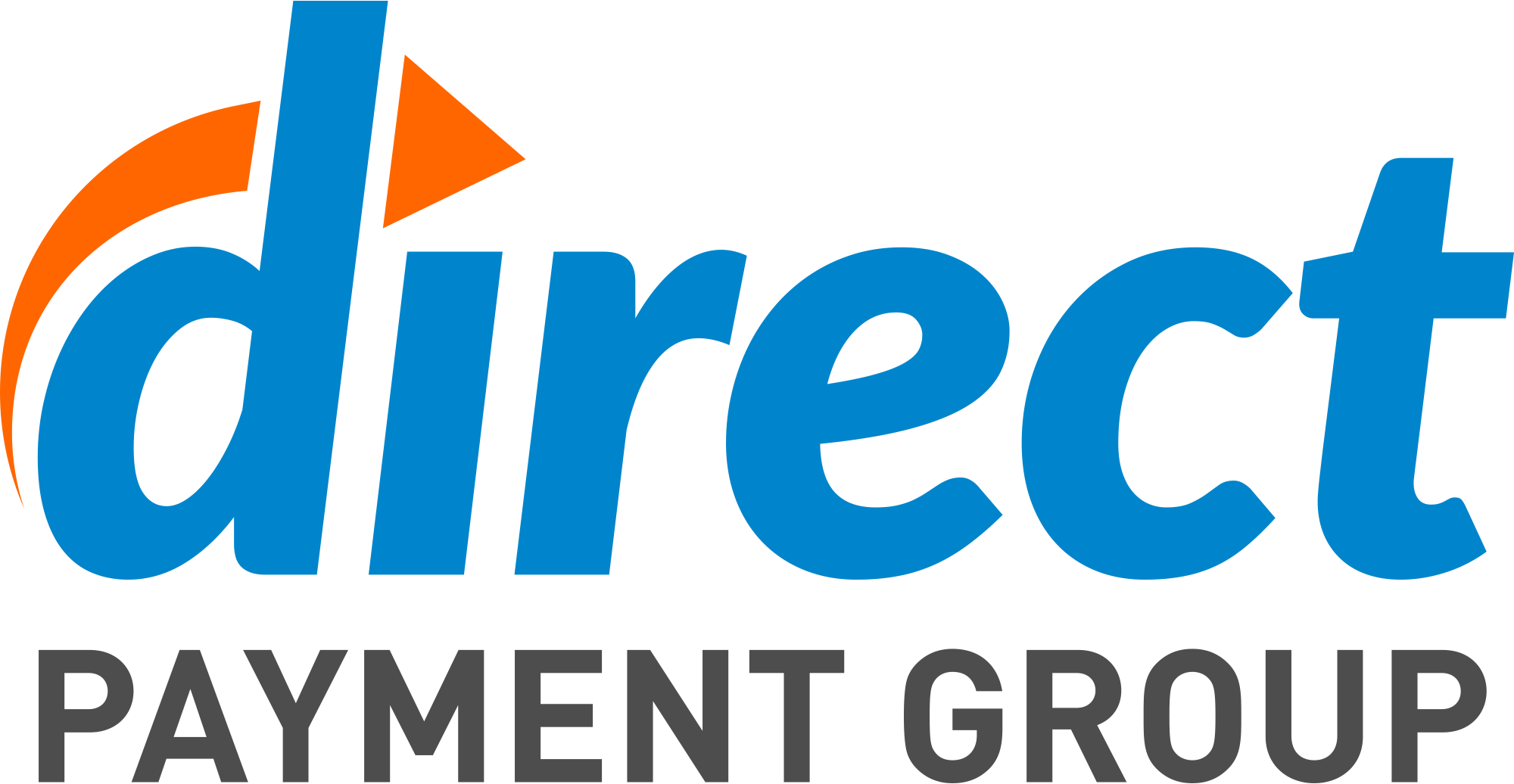Is PayPal Payment Processing Enough for Your Business?
PayPal is the most popular payment gateway out there. It has 286 million active users and is easy for business owners to use. Because of this, many companies offer PayPal as their only payment solution.
But PayPal doesn’t always have the best reputation. Is it wise to offer only PayPal to buyers? Could doing so actually make your business look bad? Let’s take a look.
Privacy Concerns
While PayPal is pretty good about security, it’s not always perceived that way. Security vulnerabilities exist, and given PayPal’s size, hackers would love to exploit them. Thus, the company is a regular target for hackers and consumers are aware of this.
PayPal tries to persuade customers to create an account even if they used the credit card option to pay. Not everyone wants a PayPal account and they may blame the vendor for the emails trying to upsell them to one.
Finally, when customers must use PayPal, they transact in a PayPal window, not the vendor’s site. If this compounds the customer’s frustration, it can lead to more abandoned carts for the vendor.
Did you know?
In an eMarketer study, 42% of online shoppers said that the types of payment options offered is a factor that influences them when deciding where to shop digitally.
Bans & Lockouts
Most people know somebody who has had problems with their PayPal account. While some bans and lockouts make sense, others are a complete mystery. Some customers have no idea why their accounts were disabled.
In resolving these issues, PayPal can take days or weeks to explain why it held funds or closed an account. Users struggle for weeks or months trying to retrieve money in the accounts. In some cases, users may not be able to get account access back at all. This can also happen to business owners. If PayPal is their only payment option, they have to scramble to set up another payment gateway.
Business owners should be sensitive to people’s experiences with PayPal. Be aware that you may lose customers if there are no alternative means of payment. Some of them may even hassle your customer service about providing an alternative.
Technical Problems
PayPal has a robust infrastructure, but that doesn’t mean it has 100% uptime – nothing does! If PayPal isn’t working and it’s the only option on your website, customers might click off your site. Technical problems should not deter you from using PayPal, but you should have a backup.
Most people are comfortable with PayPal, but some won’t do business with you if it’s the only option. It’s wise to listen to them.
Those who like PayPal won’t care if you offer payment options. But those who have had problems with PayPal will leave you forever if you don’t give them a choice. As a business owner, losing any customers over something so preventable is unacceptable.
PayPal Supplements & Alternatives
So, what can you use along with PayPal? As your company grows, it makes sense to switch to a full-featured merchant account. There are also a few good alternatives you could provide to your customers right away:
Stripe
Stripe is one of the larger PayPal alternatives and focuses on online business. They have a simple API that makes it easy to integrate Stripe with your website. Shopify businesses are especially fond of Stripe for its easy integration.
Stripe’s transaction costs are on par with PayPal’s. Unlike PayPal, your money goes straight to your bank account. The downside is that the high level of customization can make setup hard if you don’t know how to code.
Square
Square is best known as a way to accept payments in person. It also provides online options through Square Checkout. Yet, if you don’t make any sales in person, you lose most of Square’s strengths. you won’t be able to accept cards with a phone or tablet and a simple dongle.
Square is particularly useful for businesses that sell at trade shows. It eliminates the need to carry a larger device and charges no monthly fee. For online purposes, though, Stripe is generally better.
Traditional Merchant Account
Some small businesses choose PayPal over a traditional merchant account for several reasons. They may think PayPal is user-friendly. They may believe PayPal has lower fees. They may think PayPal is more likely to accept them despite a limited business history. While all this may be true, there are other things to consider.
These may be benefits for many new businesses, but they are not universal. A lot depends on the type of business you’re in. you also need to consider your monthly sales volume and the types of cards you accept. These variables can sometimes make a traditional merchant account a better choice.
A traditional merchant account usually takes only a few hours to a day to set up. Once you establish your account, you run a much smaller risk of having it suspended or your funds held. This is because your business is underwritten and given ranges in which to process sales. And before your business scales, a merchant processor will approve your account upfront for more volume and higher transaction sizes. You’ll also have a much better level of service.
The best option is to offer several means of payment on your website. There’s always the risk of customer reluctance or technical problems, but offering PayPal alone can cause more issues. A single payment option is more likely to push customers into going elsewhere rather than inquiring about alternatives.
Direct Payment Group can help you work out which payment methods you should choose for your business type and transaction levels. We can also help you move on as your company grows. Click the button below to find out how we can help you with online payments and other eCommerce issues.






